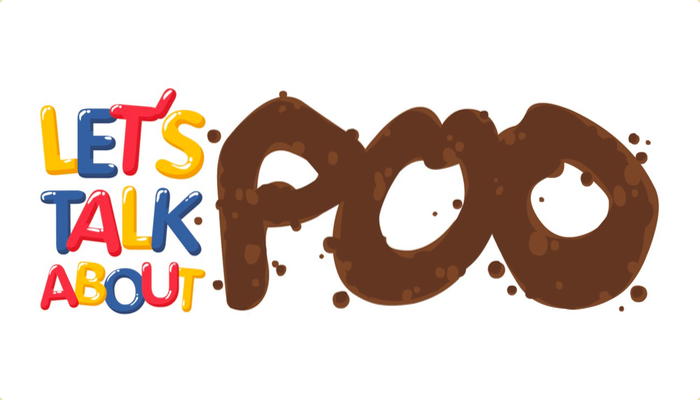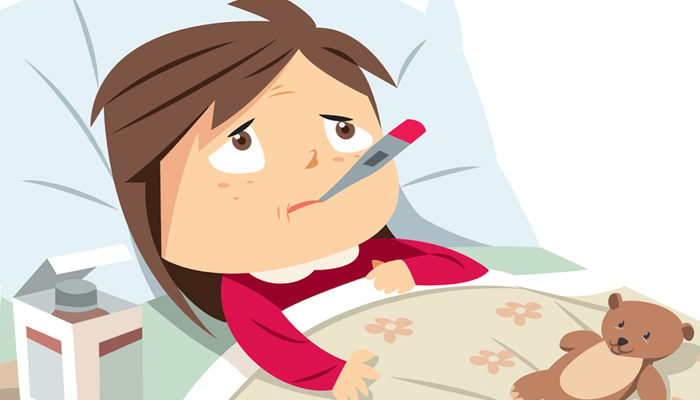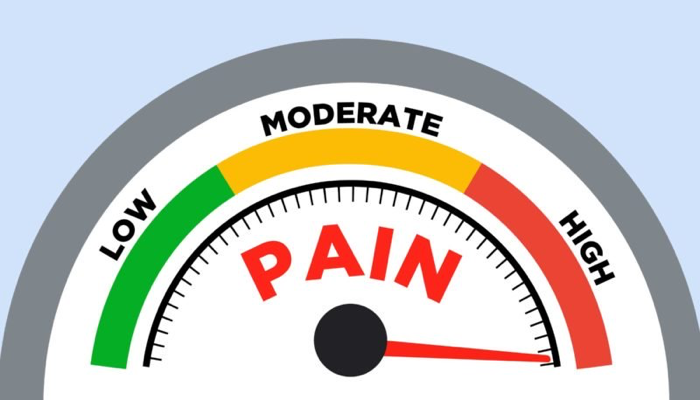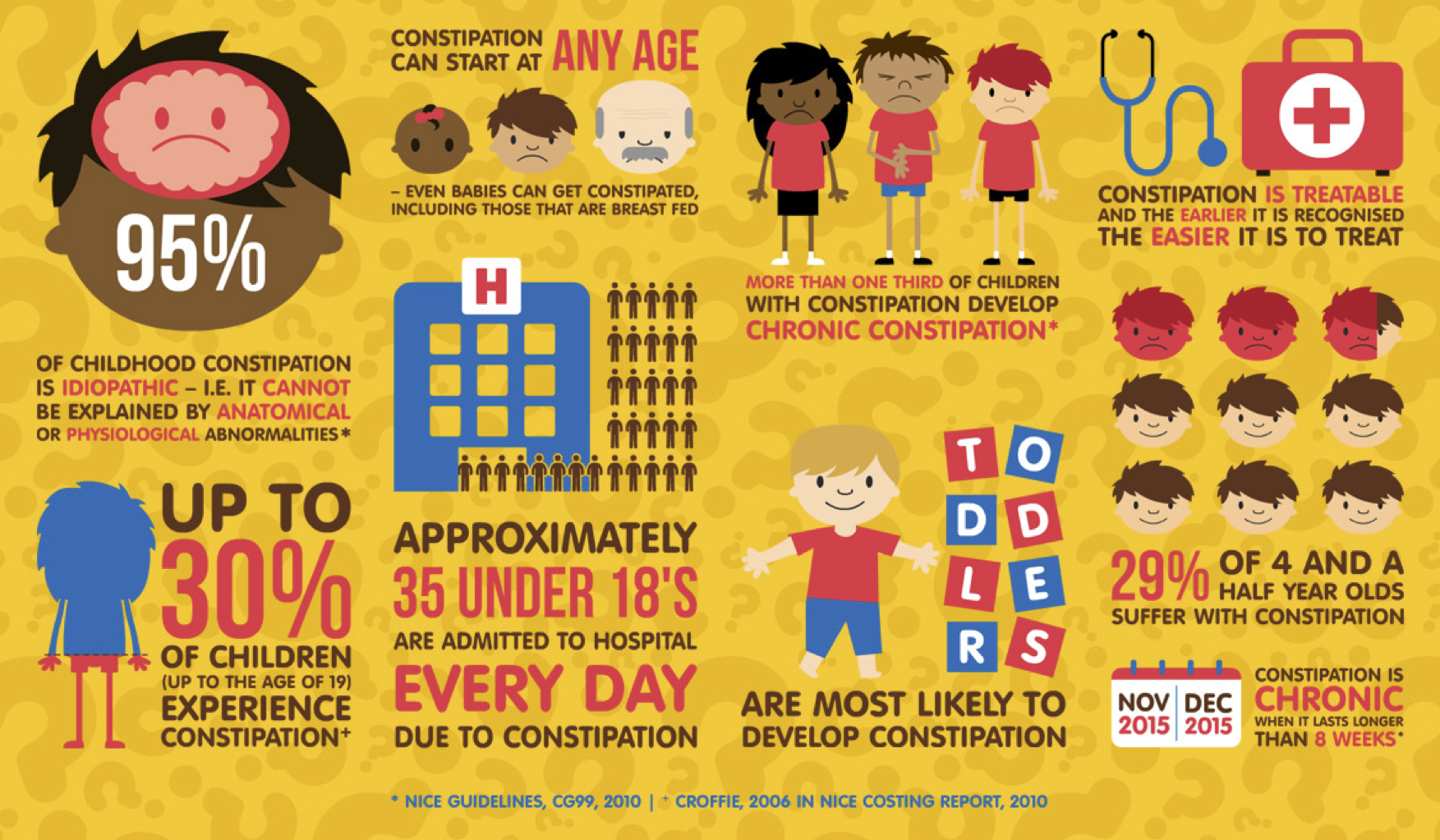
Constipation in children
Constipation is a very common problem for children. For most children, constipation means passing hard stools (faeces), with difficulty, less often than normal. Regular soiling (often mistaken for runny diarrhoea) may indicate that a child has bad constipation causing a blockage of the lower part of the gut (impaction). Where no particular disease or illness is the cause of the constipation, it is called idiopathic constipation. It is important that constipation be recognised early to prevent it from becoming a long-term (chronic) problem.
There is great variation in a child's bowel habit, dependent on their age and what they are fed. It is often a change in what is normal for your child that suggests a problem. Anything from three times a day to once every other day is common and normal. Less often than every other day means that constipation is likely. However, it can still be normal if the stools (faeces) are soft, well formed and passed easily.
Symptoms of constipation
- Difficulty or straining when passing stools
- Pain when passing stools, sometimes with a tiny amount of blood in the nappy or on the toilet paper, due to a small tear in the skin of the back passage (anus)
- Passing stools less often than normal. Generally, this is less than three complete (proper) stools per week
- Stools that are hard and perhaps very large, or pellet-like and small, like rabbit droppings
- Tummy ache (abdominal pain)
- Poor appetite
- Feeling 'off colour'
- Behavioural changes, such as being more irritable or unhappy
- Fidgeting, restlessness and other signs that the child needs to go to the toilet
- Feeling sick (nausea)
Treatment of constipation
A balanced diet high in fluids (mainly water) and fibre is important in preventing constipation, but by the time constipation is established, other treatments are usually needed:
- Osmotic laxatives: Movicol and Laxido (sachets) and Lactulose (liquid)
- Stimulant laxatives: Picosulphate (Dulcolax), Senna, Bisacodyl and Docusate
Treatment with laxatives is usually continued for several weeks. This allows the bowel to properly recover and prevents the constipation coming back quickly. Longer courses and higher doses may be needed if there is impaction. In severe cases, laxative treatment may need to be continued for months or even years.
ERIC is a children's bowel and bladder charity that offers advice and support for children with bowel and bladder problems and their families. Here is a useful infographic about constipation:
This article is adapted from information in the patient.info article on constipation in children.















